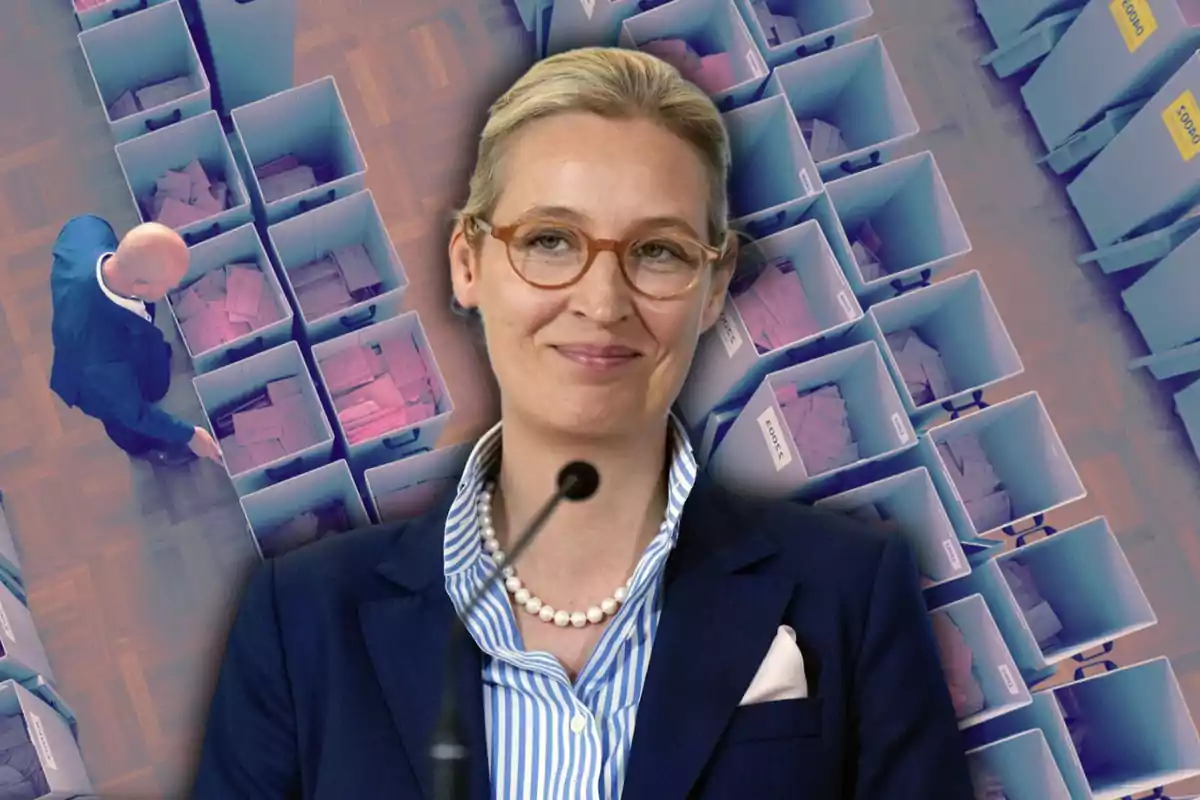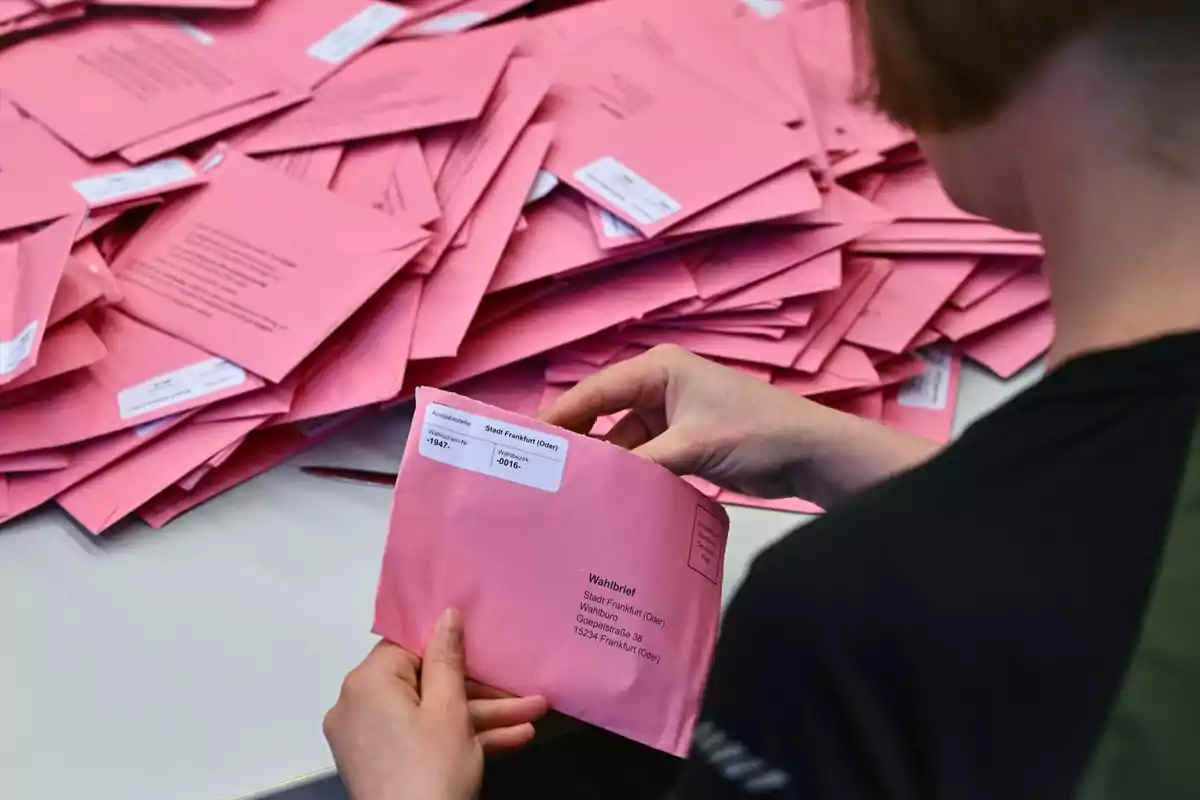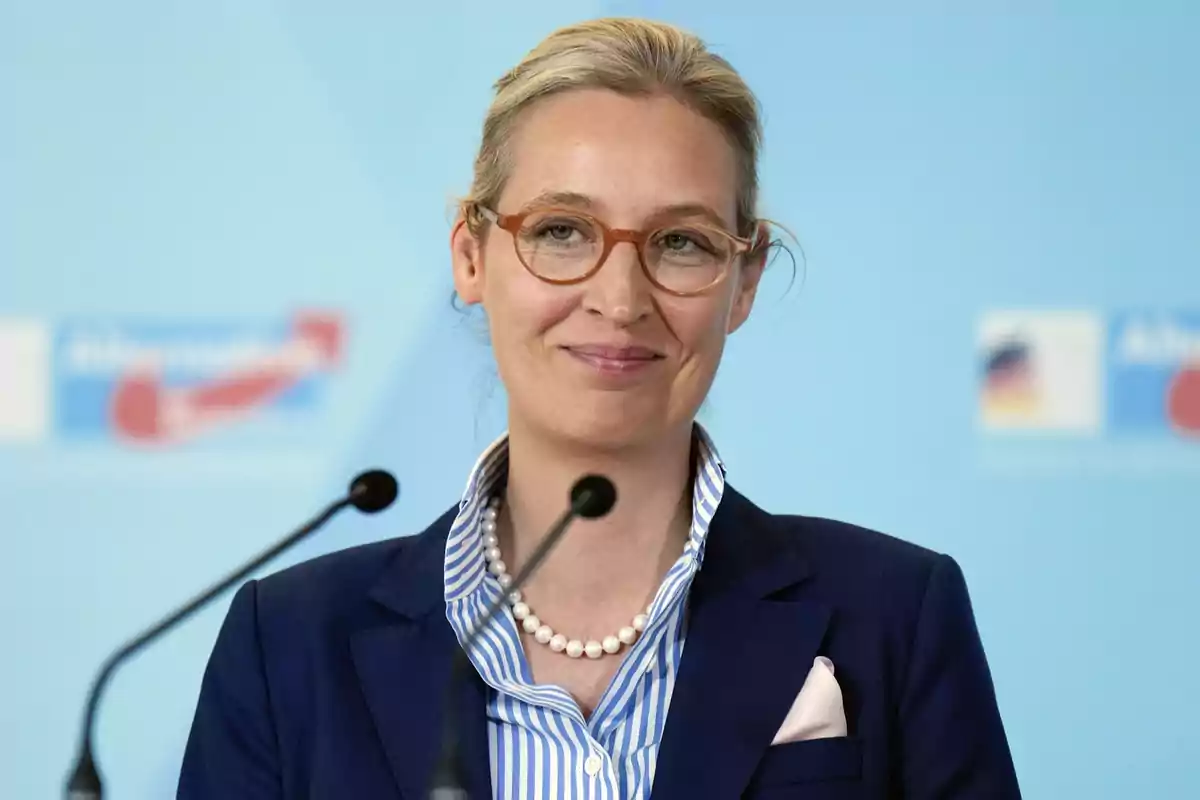
Polls Reveal That Afd Has Experienced a Significant Increase in Their Support
AfD, led by Alice Weidel, has experienced a significant increase, reaching approximately 20%, doubling its support compared to previous elections.
The Federal Elections in Germany Are Scheduled for February 23, 2025, Marking a Turning Point in German Politics. The Christian Democratic Union/Christian Social Union (CDU/CSU) coalition leads the polls, followed by the Alternative for Germany (AfD) and the Social Democratic Party (SPD).
The CDU/CSU, under the leadership of Friedrich Merz, is projected with 30% of the vote intention. The AfD, led by Alice Weidel, has experienced a significant increase, reaching approximately 20%, doubling its support compared to previous elections.
The SPD, headed by the current Chancellor Olaf Scholz, is in third place with 16% of the vote intention. This decline is attributed to the dissolution of the government coalition, known as 'the traffic light government'. This is due to the loss of a vote of confidence and the exit of the Liberal Party in November 2024.

The AfD Has Gained Ground, Especially in Eastern Germany, Where It Has Established Itself as the Main Political Force. This growth has been driven by its nationalist rhetoric and the support of international figures like Elon Musk, who has expressed his backing for the party.
The CDU/CSU, although leading the polls, faces challenges in forming a majority coalition. The need for alliances with other parties, such as the SPD or the Greens, could complicate the formation of a stable government.
The German Economy Is Going Through a Delicate Moment, Recording Its Second Consecutive Year of Recession in 2024. This economic context influences electoral decisions as voters seek solutions to the country's economic and social problems.
The issue of "zero debt" is a central topic in the electoral campaign. The CDU/CSU proposes to relax fiscal restrictions to allow greater investments in infrastructure and defense, while the SPD advocates maintaining fiscal discipline.
The AfD, meanwhile, has included in its electoral program proposals such as remigration and holding referendums for key political decisions.
As the election date approaches, political and economic uncertainty in Germany increases.
Who Is Alice Weidel, the AfD Leader Challenging Traditional German Politics?
Alice Weidel is the candidate of the Alternative for Germany (AfD) party in the federal elections on February 23. Leader of the formation in the Bundestag since 2017, she has consolidated her position with a discourse focused on immigration restriction and skepticism toward global policies.
Under her leadership, AfD has experienced notable growth, especially in Eastern Germany, emerging as one of the main political forces in the country.

Before entering politics, Weidel worked in the banking and financial sector. Since the founding of AfD in 2013, the party has evolved from an anti-European Union, conservative focus. To a discourse centered on the rejection of mass immigration.
Weidel has been one of the key figures in this change of direction and has played an essential role in the expansion of the formation.
One of her most important successes has been the consolidation of AfD as a viable political option in Germany. Achieving the formation's presence in the Bundestag and regional parliaments.
Recently, AfD supported a Christian Democratic Union (CDU) bill to toughen migration policy. Which evidenced a change in the attitude of some political sectors toward the formation.
More posts: